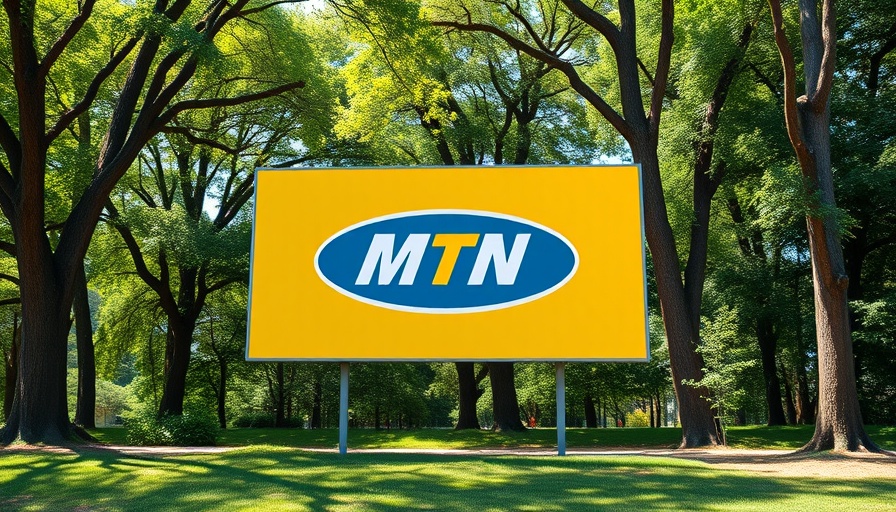
The Competitive Edge of MTN Nigeria's Salary Structure
In an era where talent acquisition and retention are paramount, MTN Nigeria emerges as a formidable player in the telecommunications landscape, notably for its generous employee compensation packages. With over 84% of its workforce earning more than ₦1 million monthly, MTN not only sets a robust salary benchmark but also influences industry standards significantly.
Understanding MTN Nigeria's Salary Policies
Unlike many of its competitors, MTN Nigeria takes an unconventional approach to salary adjustments. The company conducts annual salary reviews separate from individual performances or company profits. This policy acts as a safety net for employees in a volatile economic environment. As a result, even the lowest-paid employees receive an impressive ₦458,333 monthly, significantly higher than the national minimum wage.
The Broader Implications for the Telecom Industry
The telecom landscape in Nigeria is characterized by stark disparities in pay scales among key players like Airtel, Globacom, and 9mobile. While MTN Nigeria embraces a model that prioritizes consistent wage increases, competitors often tie salary increments to performance metrics, creating a more unpredictable compensation landscape. This disparity is not merely an internal issue but poses a challenge for competitors who struggle to retain talent.
Market Leadership and Talent Retention
The ramifications of MTN’s compensation strategy extend beyond employee satisfaction. Industry experts suggest that MTN’s ability to offer attractive salaries helps maintain its market leadership in a fiercely competitive sector. Ladi Okuneye, a prominent telecom executive, argues that MTN’s strategy to secure top talent is pivotal for the company's future growth and operational dominance.
The Future of Employment in ICT
As the telecommunications industry continues to shift and evolve with technological advancements—such as 5G networks and cloud services—the demand for skilled professionals is expected to surge. This may compel other industry players to rethink compensation strategies in order to attract and retain talent. In a time of rapid transformation, MTN’s proactive salary policy may serve as a model for other companies aiming to stay competitive.
Challenges Ahead for Rivals
While MTN’s approach to employee compensation has elevated it within the sector, it raises questions about the sustainability of such a model amid economic fluctuations. Competitors are tasked not only with finding ways to match these attractive packages but also justifying higher wages in an economic landscape that is not overly favorable. This challenge underscores the urgency for strategic adaptations across the telecom industry.
Prospects for Employee Satisfaction and Corporate Health
Ultimately, MTN Nigeria's salary structure serves as both a retention strategy and a long-term investment in human capital. The company’s ability to sustain its wage increases in the face of market pressures may well define its future trajectory and solidify its status as a leader.
 Add Row
Add Row  Add
Add 




Write A Comment